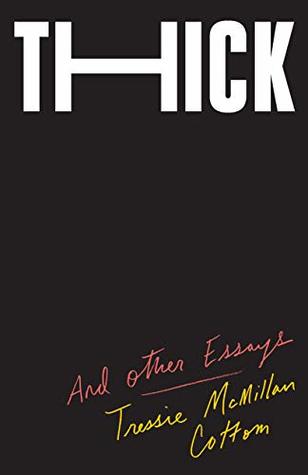More on this book
Community
Kindle Notes & Highlights
In a modern society, who is allowed to speak with authority is a political act.
I am living in the most opportune time in black history in the United States and that means, still, that I will die younger, live poorer, risk more exposure to police violence, and be punished by social policy for being a black woman in ways that aren’t true for almost any other group in this nation. That is the best it has ever been to be black in America and it is still that statistically bad at the macro level.
Whiteness is a violent sociocultural regime legitimized by property to always make clear who is black by fastidiously delineating who is officially white. It would stand to reason that beauty’s ultimate function is to exclude blackness.
beauty is contingent upon capitalism.
When I say that I am unattractive or ugly, I am not internalizing the dominant culture’s assessment of me. I am naming what has been done to me. And signaling who did it.
They say that beauty is in the eye of the beholder and that ugly is as ugly does. Both are lies. Ugly is everything done to you in the name of beauty. Knowing the difference is part of getting free.
we look for ways to assign personal responsibility for structural injustices to bodies we collectively do not value.
My friends told me that once they desired you, then you could not be a victim. My cousin said once you were a ho, you could not be a victim.
When adults say that black girls, not yet adults, are more knowledgeable about sex than their white female peers, they are saying that a girl child is responsible for all the desires that adults project onto her. She does not need the protection of childhood, for she has never been a child.
But black women and girls face additional burdens of protecting the reputations of black boys and men. As black feminists have argued, that burden has trapped us in cultural silences that a focus on gender violence alone cannot capture.


